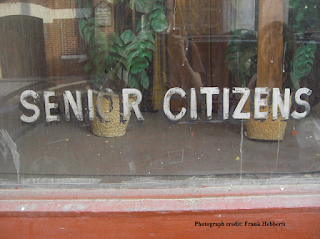A Voice for Indian Women

Social activism and speaking out for the voiceless runs prominently in her family, so it is not surprising that Ratna Vira would follow along those very same lines. The beginnings of the blueprint for her novel seem to have been drawn up in her childhood. Ratna Vira is the daughter of journalist Nalini Singh, who is best known for her programme 'Aankhon Dekhi'; she is the niece of Arun Shourie, one of India’s most renowned journalists; and the granddaughter of Hari Dev Shourie, well-known for his consumer activism. Ergo, Daughter by Court Order , published by Fingerprint, is a novel that attacks the hypocritical idea of family izzat (honour) that runs rampant in our country, talks about mother-daughter relations and stresses on the question of identity. Ms. Vira describes herself as, ‘…a soft spoken and enigmatic woman with many facets. A contemporary woman who juggles a successful corporate career with her writing and love of art; weaves stories with her words and her paint


